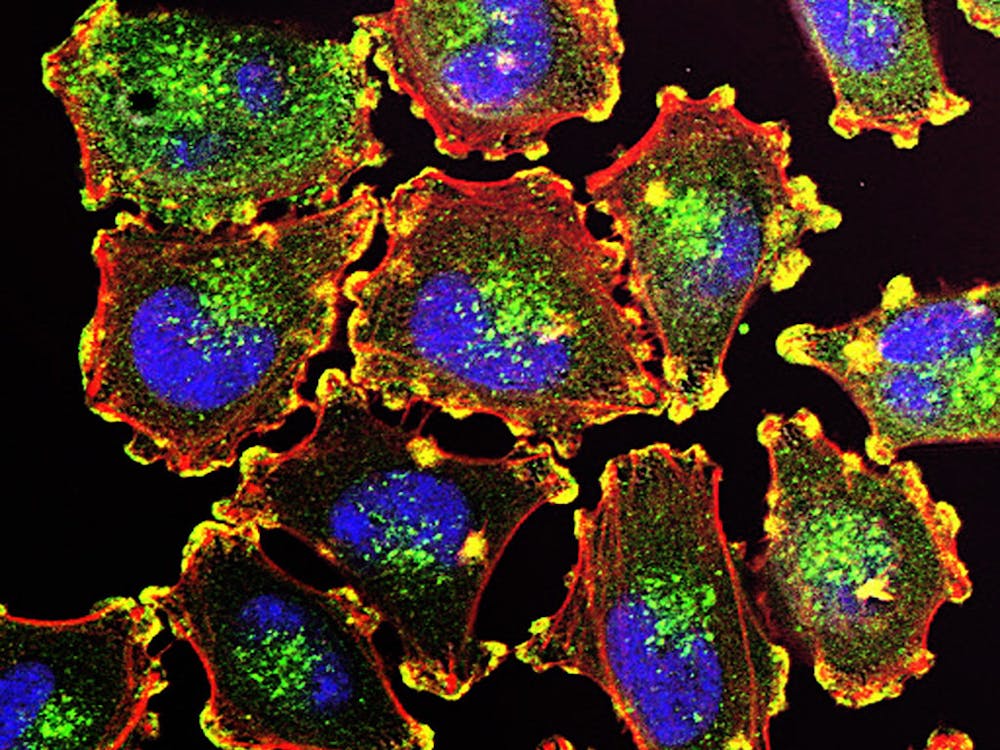It has been a recent trend for scientists to research the use of body parts from younger organisms to improve the functions of their older counterparts. Cells in older organisms are already specialized as opposed to cells from younger organisms. The An example of this trend is the recent stem cell craze.
Following this trend, researchers are now exploring compounds that are largely concentrated in babies but are scarcely found in adults.
A team of researchers from Stanford University and Alkahest are now looking at a protein in the human umbilical cord called TIMP2. TIMP2 has shown promising results in rejuvenating the brains of aged mice.
However, the results of this study, might have been influenced by the fact that the mice were genetically engineered. Additionally, scientists understand little of the compound’s origin, why there is a gradual decrease in its production as one gets older and the way it operates in the brain.
Despite such uncertainty, the results of the study nevertheless demonstrated an improvement in the speed and quality of learning in aged mice.
The beginning of this finding dates back to 2014, when Stanford professor of neurology Tony Wyss-Coray, along with colleagues, discovered a boost in the muscle strength and memory of aged mice after receiving blood transfusions from younger mice.
Drawing on their previous experiment, Wyss-Coray’s team infusing a blood serum obtained from human umbilical cords into the genetically engineered mice.
The infusion produced mice that had improved cognitive function. They were able to learn faster, and there was an increase in the number of their brain cells. The researchers’ article published in Nature described their findings.
“Here we show that human cord plasma treatment revitalizes the hippocampus and improves cognitive function in aged mice,” the article read.
In an effort to pinpoint the specific component of the serum that was responsible for this change in the aged mice, the blood was screened for compounds that are rich in baby blood but not in adult blood.
“We have now measured well over 1,000 different factors in blood and roughly one third of those change between young people and old people,” Wyss-Coray said in an interview with NBC.
Among the compounds screened, the team decided to focus on TIMP2 first. However, upon dissection, the team found that there were no physical alterations of the brain even though there was an imporvement in speed and quality of learning .
From this they concluded that TIMP2 must not be acting alone but rather in conjunction with several other compounds in the human blood plasma. Wyss-Coray, in an interview with NBC, elaborated this point.
“We just saw that TIMP2 decreases in blood very quickly from age 0 to 20 — a 50 percent drop. It’s possible that in the brain, the levels are actually high and they decline much slower,” he said. “It’s regulating a lot of different biological processes. Because it has broad effects, we may actually have a more powerful factor.”
The researchers aim to develop a cocktail of compounds that can rejuvenate the body without any negative factors, but the work is still in its early stages. Wyss-Coray says that his team will now study the effect of TIMP2 in animals bred to imitate human diseases like Alzheimer’s.
“We will test this in models of neurodegeneration and understand how it works,” he said to NBC. “Commercially, the company is trying to first validat[e] the findings that we have found in the lab and then se[e] if this is a treatment we can go forward with.”























Please note All comments are eligible for publication in The News-Letter.